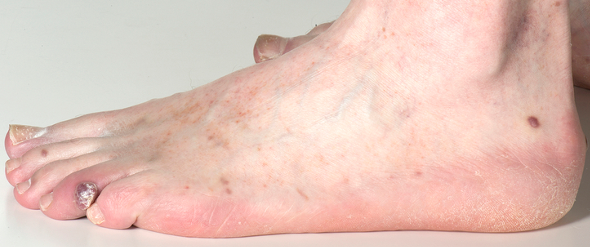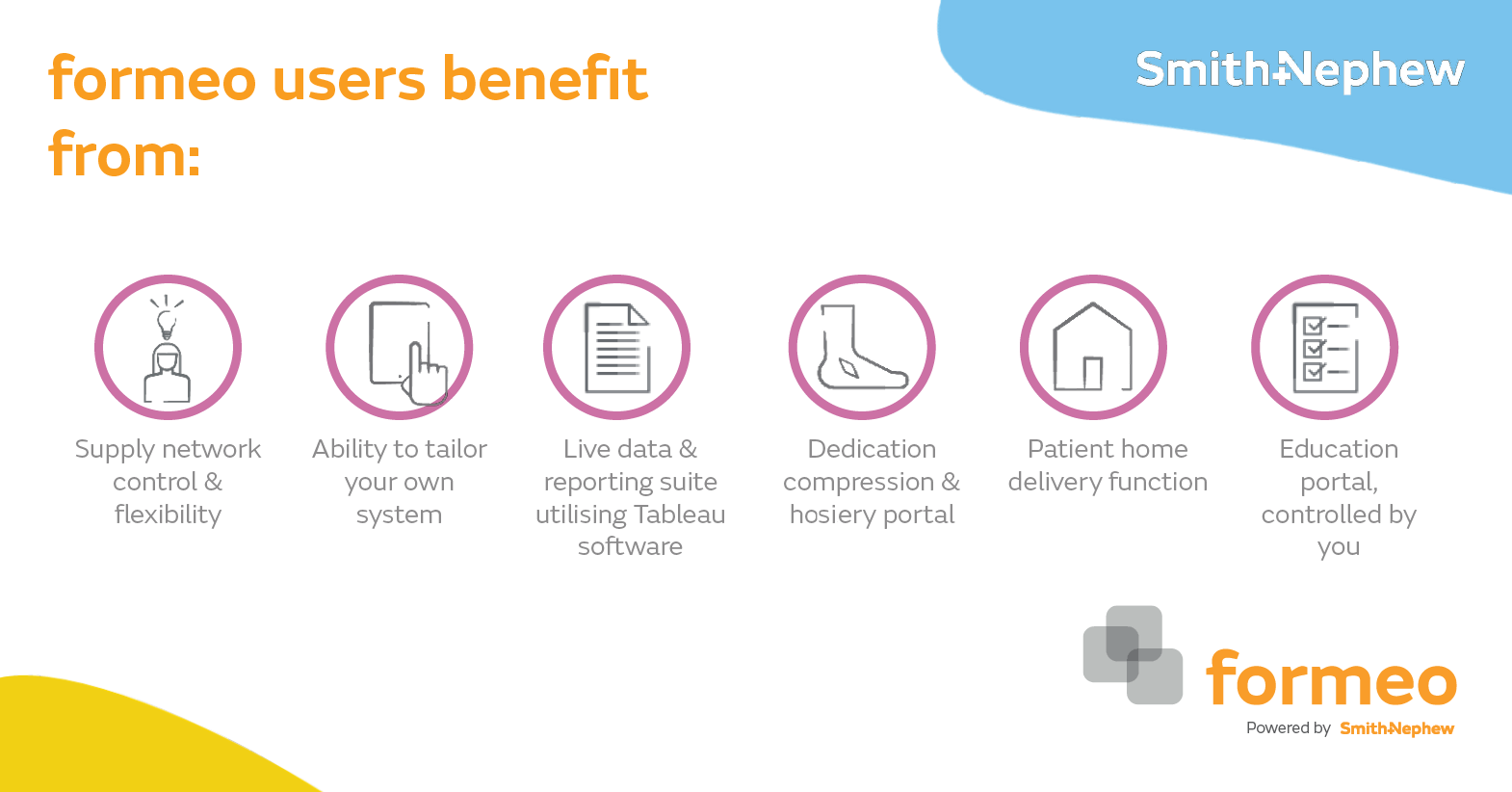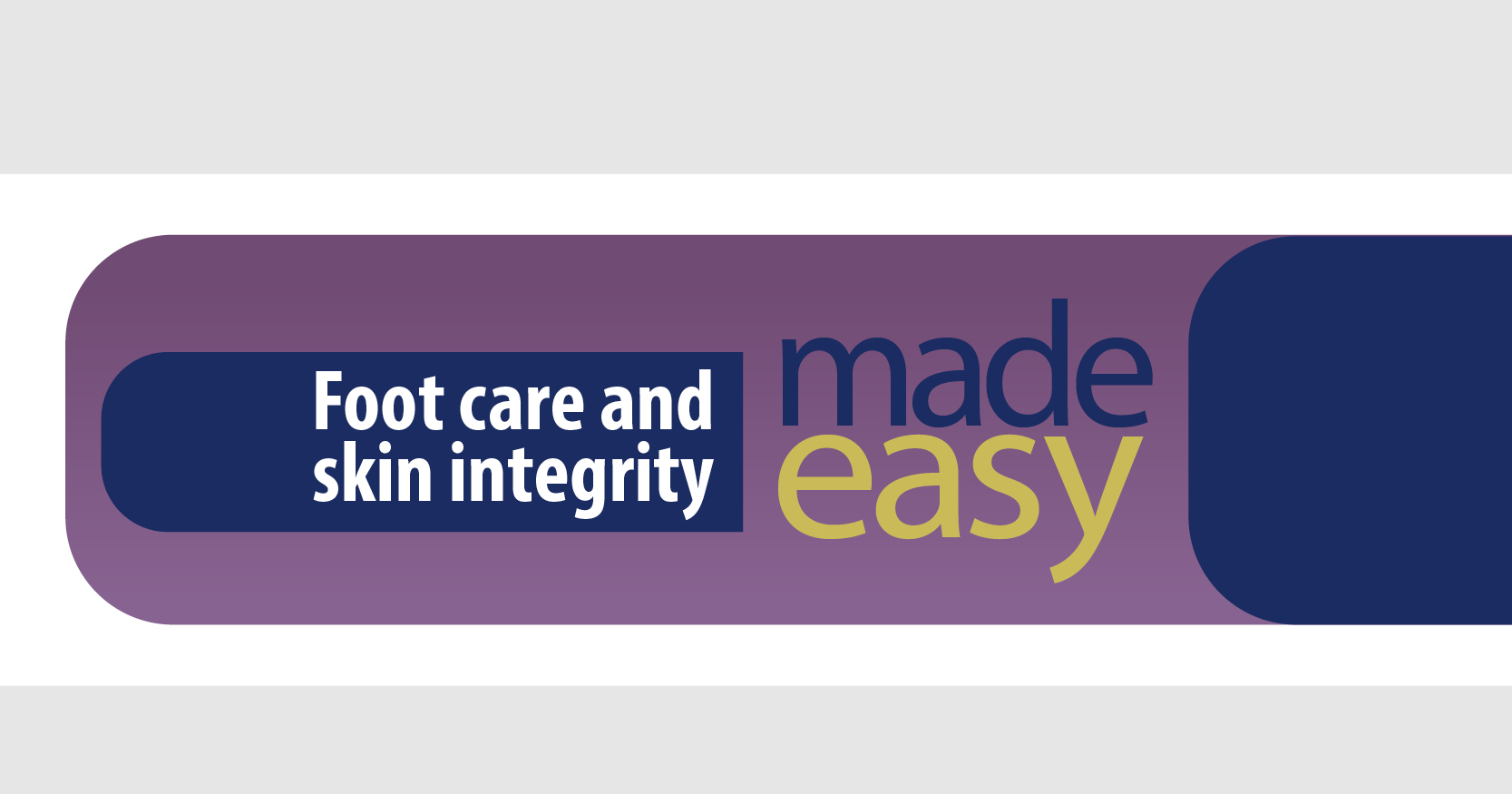We are delighted to bring you the Capability Framework For Integrated Diabetic Lower Limb Care: A User’s Guide, an update of the Podiatry Competency Framework For Integrated Diabetic Foot Care: A User’s Guide (TRIEPodD-UK, 2012).
The Diabetic Foot Competency Framework (Scottish Diabetes Foot Action Group and Skills for Health, 2010) remains one of the pioneering clinical competency frameworks that is underpinned by theoretical components. The original user guide was developed by the professional groups TRIEPodD-UK, FDUK (Foot in Diabetes UK) and SDFAG (Scottish Diabetes Foot Action Group) to identify and standardise podiatric clinical competencies in diabetic foot care, from clinical practice through to research and leadership.
In the current climate it is essential that these skill sets are transferable and adaptive to the needs of the whole workforce, not just podiatry. As such, the framework has been updated to be relevant for other clinicians in the multidisciplinary foot team, such as clinical support workers, GPs, orthotists, surgeons and tissue viability nurses; in fact, anyone that comes into contact with the diabetic foot. We have also used this opportunity to reflect current practice and have adopted the terms ‘core skills and capability’ instead of competency. This aligns with modern frameworks and Skills for Health.
This framework continues to be an important tool to facilitate benchmarking of existing skill sets, and to guide the professional development of clinicians who are not only keen to become specialists in diabetes foot care, but also those who review patients with diabetes. As the framework spans all levels of practice – from healthcare technicians to consultant clinicians – managers and services providers can use the framework to assess the scope and capability of their workforce. Whilst we cannot provide a monitoring tool, we have added a self-scoring element to each dimension so you can record your own capability.
The recent development of the multi-professional framework for advanced clinical practice in England (NHS Health Education England, 2018) and the advanced practice toolkit in Scotland (NHS Education for Scotland, 2018) provides an opportunity to map the core skills and capabilities within this document to the developing education and apprenticeship agenda across the UK. Moving forward, it is envisaged that there will be a capability framework related to high-risk lower limb disease for all practitioners.
This user guide was produced by a Short-life Working Group comprising members from TRIEPod-UK, SDFAG and FDUK and experts in the field of the foot in diabetes. There are three new dimensions: “Peripheral arterial disease” (page 14), “Load distribution, load sharing and axial offloading in an active diabetic foot” (page 27), and “Psychology screening and assessment” (page 29). I am sure you will agree that these are reflective of our current needs in clinical practice.
Our main aims throughout practice is to ensure that all people with diabetes in the UK have their feet cared for by healthcare professionals with appropriate skill sets to improve patient outcomes, such a ulcer-free and amputation-free survival.
Dr Joanne McCardle
Chair of Short-Life Working Group







